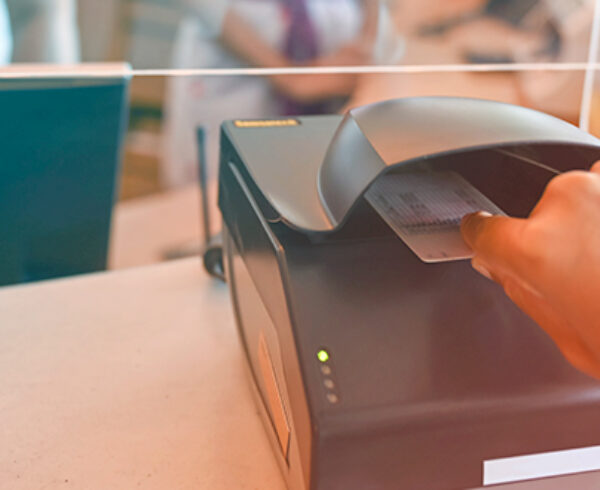As travel resumes, so do cyberattacks. Over the past few years, the travel industry has seen countless security breaches, compromising the information of hundreds of millions of travelers. Before you book your next work trip, It’s imperative to know how these traveler security breaches happen, and how to protect yourself.
How Traveler Security Breaches Happen
Though the Marriott data breach of 2018 was the second largest in history, this was only one of several high profile hackings. The most common target of cyberattacks is payment information, but in the travel sector passport numbers and social security information are also at risk. Understanding how these major hacks have happened in the past helps to protect Business Travelers in the future. This is not at all an exhaustive list of hacks that have happened in the past few years, though these examples shed light on how hackers access private information.
Marriott Data Breach of 2018
Hackers gained access to Marriott’s Starwood guest reservation database, putting an estimated 500 million travelers’ information at risk. Forbes reported that “an unauthorized party had copied and encrypted information, then took steps towards removing it” (source). Any guest who had made a reservation at a Starwood property since 2014 was at risk.
EasyJet Data Breach of 2020
Earlier this year, 9 million EasyJet customers were the target of a cyberattack. Though the airline has not yet released how the traveler security breach happened, EasyJet has notified everyone affected to be aware of phishing attacks. According to BBC, customers’ email information was the target of the attack, and anyone who has used EasyJet in 2020 “is advised to be extremely wary when opening emails from now on.”
British Airways Data Breach of 2018
A criminal hacking organization stole the information from roughly 380,000 British Airlines customers in 2018. The organization, known as Magecart, is surmised to have “used just 22 lines of code” to gain access to customers’ email, payment information, and physical addresses. The attack was specifically tailored to target weaknesses in British Airways’ website.
How to Protect Yourself From Similar Traveler Security Breaches
A great way to keep your information secure is to avoid consumer websites altogether. Typical consumer travel websites, like Marriott or British Airlines, are not ideal for a business transaction. Because travel management companies (TMC) like JTB Business Travel use travel technology suppliers like SAP Concur, Cytric, GetThere, and Deem, there are additional security layers to protect against breaches.
For example, JTB Business Travel uses Sabre for their bookings. Their virtual payment options provide security with “features that guarantee a card is only being charged for the merchant category assigned and during the allocated time frames placed on the virtual credit card” (Sabre). Extra measures against fraud such as these make booking through TMCs the safest bet for travelers. However, there are also other ways to be extra-vigilant against hacking attempts. These tips will all help protect you when booking travel in the future.
- Book through a secure portal. TMCs like JTB Business Travel use more secure technology that is less prone to hacking.
- Use a credit card. With access to debit cards, hackers can drain your bank account. Banks often cover fraudulent charges on credit cards. For extra security, use a virtual credit account like Sabre Virtual Payments, Apple or Google pay.
- Consider opening a specific credit card for travel. Having an account dedicated to travel expenses can help you track these purchases easily and quickly identify fraudulent activity.
- Know how to identify phishing scams. When hackers have access to your email, you may be the target of a phishing attack. Here are some ways to identify phishing.
- Create a “throwaway” email address. Similar to a travel-specific credit card, having a travel-specific email address will allow you to create bookings without sacrificing other personal information that may be stored on your email.
JTB Business Travel Prioritizes Privacy
There are consistent stories of data breaches in the news. At JTB Business Travel, we ensure Business Travelers don’t have to worry about their personal information being at risk while dealing with the stress of travel for work.
Contact us today about our secure booking strategies, and making the most of your Business Travel.














Leave a Comment